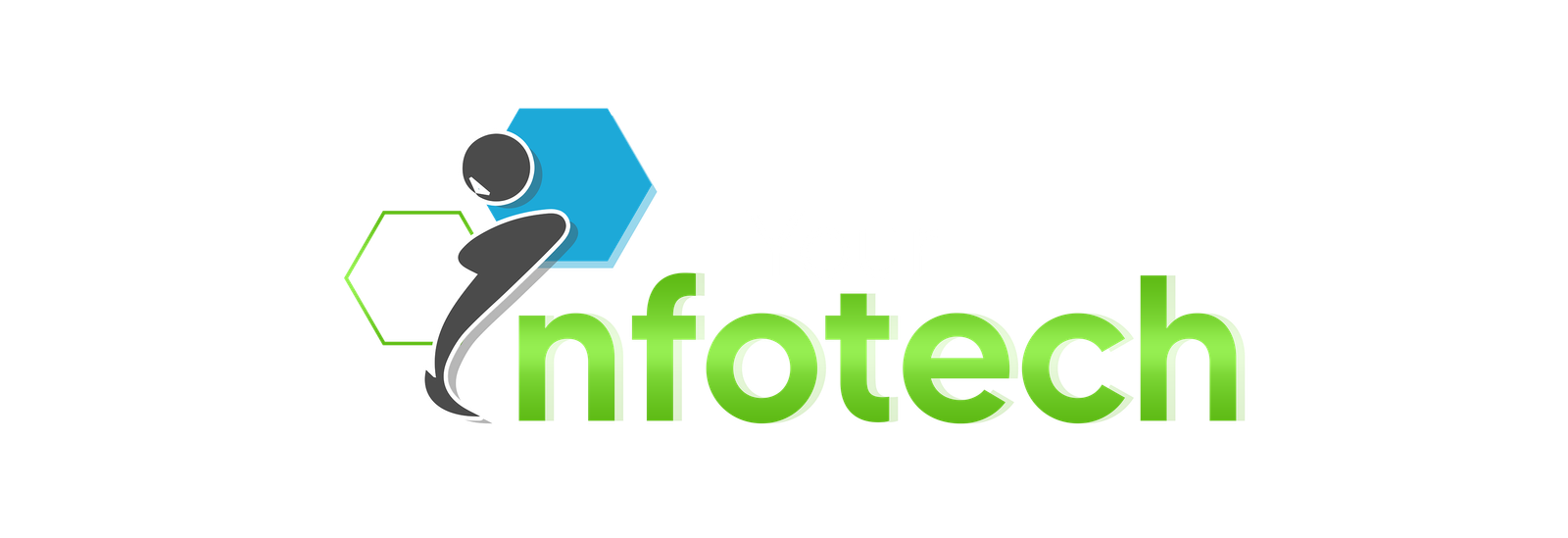Corellium and Apple Resolve Legal Battle Over iOS Virtualization Software
Apple and iOS virtualization software developer Corellium have reached a confidential settlement, ending their four-year legal dispute. Explore the details of the case, including Apple’s copyright infringement claims and Corellium’s victory based on fair use.
Introduction:
Apple and Corellium, the makers of iOS virtualization software, have recently concluded their prolonged legal battle with a confidential settlement. The case, which began in 2019, involved Apple accusing Corellium of copyright infringement through its cloud-based iOS virtualization software. Despite Apple’s initial lawsuit, the case took unexpected turns, with Corellium ultimately prevailing.
Details of the Case:
In 2019, Apple filed a lawsuit against Corellium in Florida, alleging copyright infringement related to its iOS virtualization software. Apple sought to halt Corellium’s sales of virtual iPhones in the cloud and demanded compensation for lost profits. However, the case did not go in Apple’s favor, and it faced multiple defeats in different courts.
Key Turning Points:
Apple’s attempt to acquire Corellium in 2018 and the subsequent legal battle showcased the tech giant’s discomfort with having its operating systems run inside virtual machines. In 2021, a judge ruled in favor of Corellium, stating that their use of iOS fell under fair use and contributed to security research, contradicting Apple’s claims. Despite Apple’s efforts to settle in 2021, an appeal to the 11th US Circuit Court of Appeals upheld the fair use decision, leading to the recent settlement.
Settlement and Congratulations:
The confidential settlement was confirmed in a recent court entry dated December 14. The court commended both parties and their legal representatives for reaching an amicable resolution. The details of the settlement remain undisclosed.
Apple’s Stance on Virtualization:
Apple has historically been cautious about allowing its operating systems to run within virtual machines. While macOS guests can run on Macs, the process is intricate. The case highlights Apple’s reluctance, even during the era of Intel CPUs, to permit VMs on PCs with similar processors. Notably, desktop hypervisor vendors like Parallels support macOS guests on Apple silicon, but VMware’s Fusion does not.
Cloud-Based Alternatives:
In the realm of cloud services, AWS offers iPhones in its Device Farm for developers to test code on physical devices. Additionally, AWS provides cloud-based Macs through its elastic compute cloud. MacStadium, another provider, offers various types of cloud-based Macs and recently benchmarked Apple’s M3 Max silicon, praising its substantial improvements in both compute and GPU performance over earlier generations.
Conclusion:
With the legal battle now resolved, Corellium and Apple have put an end to their four-year conflict. The case shed light on Apple’s reservations about virtualization and the growing significance of cloud-based alternatives in the development and testing of iOS applications.

